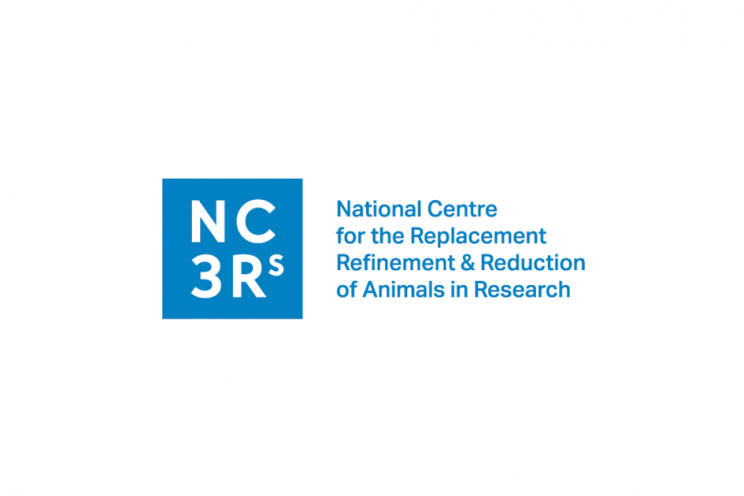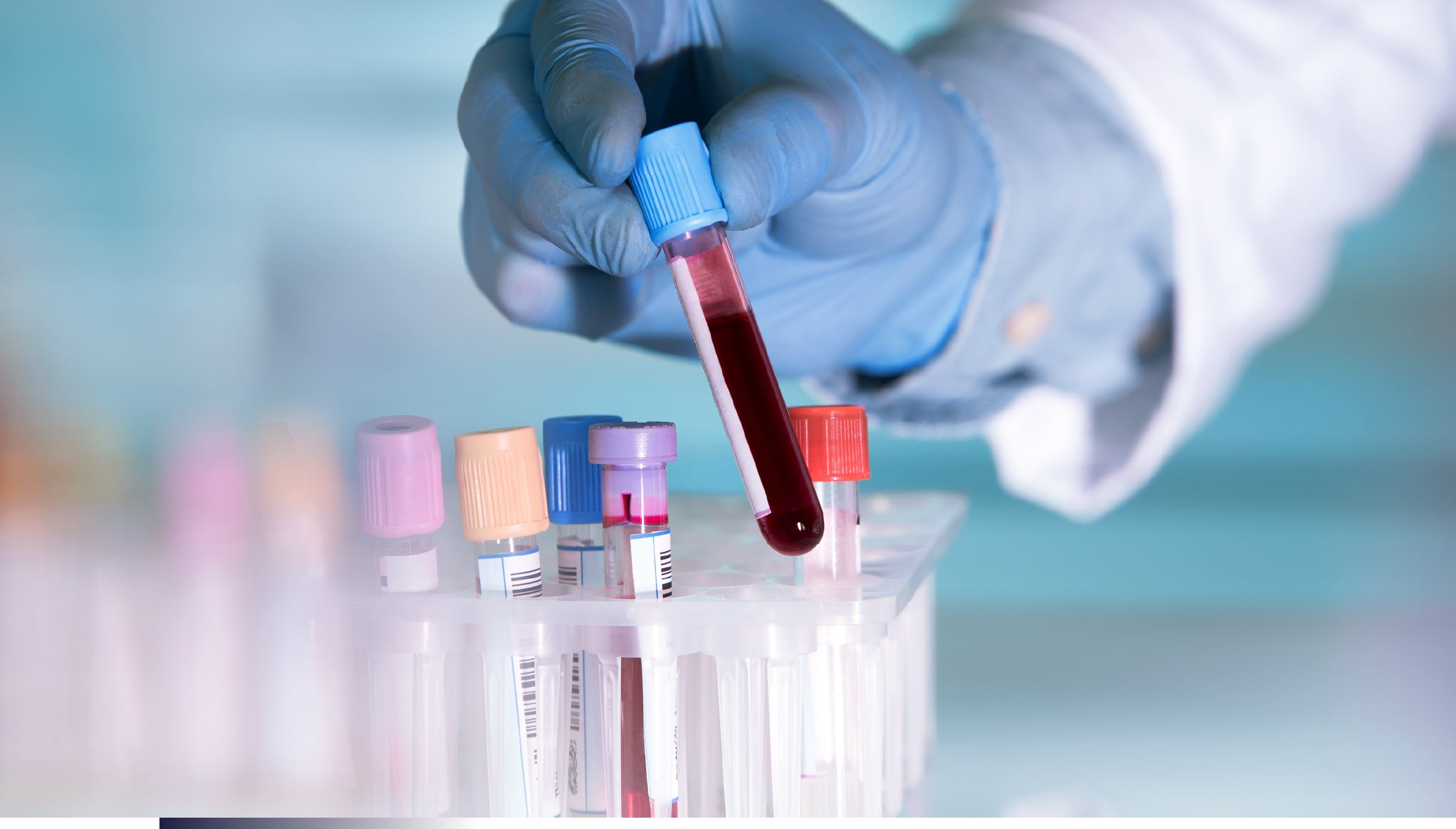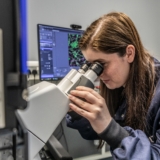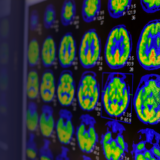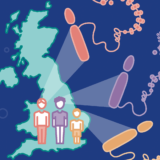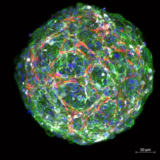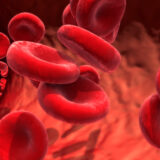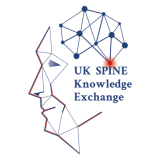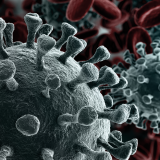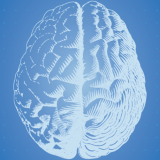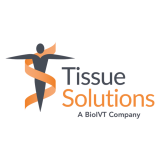In 2018 Medicines Discovery Catapult (MDC) and the National Centre for the Replacement, Refinement & Reduction of Animals in Research (NC3Rs) formed a strategic collaboration to accelerate the translation of more predictive in vitro research models into new products and services.
The collaboration aims to combine academic research and industry expertise to fast-track the translation of research models into new products and services that support the replacement, refinement and reduction of the use of animals in research (3Rs).
MDC has the cell biology skills, technology base and industrial expertise to make these models robust and scalable. MDC therefore approached NC3Rs to launch a new initiative for their previous award winners.
Challenge
Industry enabling technologies remaining in academia
NC3Rs is core-funded by BBSRC and MRC & also receive funding from the charitable and commercial sectors for specific programmes. A key element of their strategy is to fund researchers to develop early-stage proof of concept cellular or AI-assisted predictive models.
While this has succeeded in generating such models, their lack of industrial readiness is a barrier to their adoption. This causes issues for industry, who desire access, and the academic group who are often not motivated to be their long-term service provider.
Output
Translation of proven complex cell models from academia into industry-ready state
MDC committed £200k of its resources to progress 4 projects to the next state of industrial readiness. NC3Rs provided £50k in new R&D investment to each of the academic winners.
Outcomes
National initiative and competition leading to multiple co-funded projects
Eleven research groups competed in the Technologies to Tools (T2T) 2019 awards. Following an independent review process, four winners were selected each receiving £50K from NC3Rs and matched in-kind support from Medicines Discovery Catapult to develop their project.
The winners:
The University of Nottingham: Validating CRISPR-engineered human pluripotent stem cell-derived cardiomyocytes as tools to assist with toxicity profiling, adverse drug reaction notices and black box warnings.
The University of Nottingham: Developing a rapid method for identification of key proteins that define tissues to create an array of tissue-specific hydrogels for human-relevant in vitro 3D culture.
The University of Cambridge: Platform to phenotype liver metabolic disorders.
Queen Mary University of London: Translating micro-vascularised chips of a cardiotoxicity model.
Impact
The models may be adopted by the service sector, spinouts or others under license. Foreground IP will be shared between the academics and MDC.
The T2T awards will support four exciting technologies in crossing the ‘3Rs valley of death’ that often exists between model development and the wider uptake needed to achieve the impacts on animal use and welfare.
Importantly, working with Medicines Discovery Catapult also provides a fantastic opportunity to realise the potential that these technologies have for use in medicines discovery pharmaceutical industry.
Dr Anthony Holmes, Director of Science and Technology, NC3Rs

